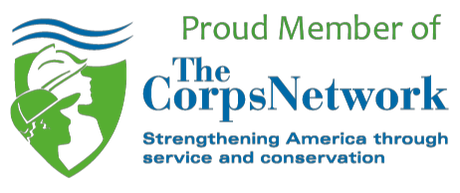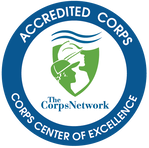It's time to share another interview as part of our Science Stories blog series. Each month, we interview a STEM scholar, student, or community member and ask them things like why they believe the STEM fields are important, how they got started in their field, to what they would do if they hit the jackpot. We hope that our new blog series will inspire, introduce a variety of fields, and create new conversations. Why do you believe that the STEM fields are important? I believe that science is the best tool we have for gaining a complete picture on how the universe operates. This information forms the basis of much of our economy via applied technologies in transportation, medicine and agriculture. Applications for environmental issues are through scientific studies. It also illustrates the human relationships to other life, the earth and our cosmos. How and why did you get involved in the STEM fields? Personal investigations of the biological and cosmological world were always of interest to me. Before I was in first grade I was fascinated with dinosaurs and wanted to be a paleontologist. Can you describe another aspect of your life or career that is influenced or enriched by the STEM fields that people would find surprising? I have had extensive travels in Australia (and other countries) due to my interests in marsupial evolution and biogeography. Originally, I had the intention of a career working in the National Park Service. This was something which I did, but only for four seasons. I also worked seasonally on Japanese and Korean fishing vessels in the Bering Sea for the National Marine Fisheries Service. This position was to function in biological monitoring of the ships while they were fishing in U.S. waters off the Aleutian Islands. In 2011 I received a Fulbright Scholar Award and was able to travel and teach in Asuncion, Paraguay for a semester. But perhaps my greatest surprise is that I have been able to develop a research program, in paleontology, for myself and some of my students while employed as a biology professor at Yavapai College. What inspires you in your current position/role? Seeing my students increase their interest and understanding in science. Reading about new discoveries in science. Finding fossils, working on museum collections in paleontology and connecting with other professionals at science conferences. Have you ever participated in an internship? Yes. I was in the Student Conservation Association and worked as a naturalist and park interpreter for Arches National Park in Utah. This experience did lead to working as a seasonal ranger at Chiricahua National Monument in Arizona and John Day Fossil Beds National Monument in Oregon. What work experiences (past or present) have been the most educational for you, and why? I had a number of seasonal contracts to instruct grade school and middle school students science related topics. This included teaching at the Multnomah County Outdoor School Program, the Oregon Museum of Science and Industry and the Oregon Zoo. These programs were in, or near, Portland, Oregon, and my experience with this increased my enthusiasm for teaching. My graduate work studies focused upon the biogeography of Tasmanian mammals and on the recolonization of pikas (rock rabbits) onto Mount St. Helens. My current work in paleontology is the most educational and rewarding. I have been able to involve many of my students in field and collections work in paleontology. In this work we have made several presentations at paleontology meetings. What project(s) are you currently working on? I am working on a comprehensive listing of the fossil mammal fauna from a late Miocene site (Milk Creek) in central Arizona. Not only have I been able to add three new taxa to the site, along with my students, I have also worked on the history of research at this site. Scientific surveys at the Milk Creek area have been continuous since 1948. Last year we began a survey project of the only recent Cenozoic (latest Miocene or early Pliocene) site at Petrified Forest National Park. My students and I were successful in locating a number of vertebrate and invertebrate materials here. What is something that people might be surprised to learn about you (hobby, skill, interesting story)? I am extremely interested in nutritional studies. I study and synthesize a large number of these, for both personal and class related materials. I love to travel and explore our planet and its natural wonders. I am working on some writing and photography projects. What is the funniest thing that has happened to you recently? This is the most difficult question and I am largely drawing a blank in my recent history. I will offer that I have begun a series of food theme days at my work with a few colleagues. We hand out some self-designed awards for the Cheese and Chocolate Day event. We do so during class and infer, with mock seriousness, of the “prestigious” awards these Professors have won. The responses we receive from my colleagues are largely exaggerated thanks for these “honors.” However, one professor nearly collapsed with the shock of this announcement. She was fine, but we, and her students couldn’t stop laughing at this shocking response. What is the worst job that you had, and what would you tell your past self now? I once worked on door-to-door sales for some magazines, which were supposed to support a non-profit environmental group. I hated trying to encourage people to buy the magazines and felt like I was imposing on them. I don’t know if I would say to skip this, as this experience let me know what not to focus on. However, if I were to give my past self some advice, I would state that I should have minored in geology (I did major in biology) and to pursue graduate research in paleontology and get started in this field earlier. I think I would encourage my past self to take Spanish in high school and to have written a bit more then. You won $10 million in the lotto. What would you do? That is more than enough to quit my current position (which I really enjoy) and work full time in the field and at museum collections in paleontology. I would also spend more time writing and working on projects which are, at present, largely limited by other time commitments. I would no longer be concerned about our two children’s college costs. I would contribute to student scholarships in the Society of Vertebrate Paleontology and to my own universities for student scholarships. I would also contribute to a few friends to help them out. And, of course, I would travel. Other than having more time for the projects I most want to work on, I don’t see a big change in what I plan to do in the future. What’s your favorite book of all-time? There are too many. I generally read science, science fiction and science related biographies. For science, I will indicate In the Day of the Dinosaur, by Roy Chapman Andrews, who inspired me to want to work in paleontology. I would believe that Carl Sagan’s books, and his Cosmos series, re-energized my interests in the study of science and the natural world. In science fiction, I have most enjoyed several works by Isaac Asimov and Larry Niven. I find various science fiction speculations involving either time travel or aliens to be fascinating. I also love reading about historical figures in evolutionary biology and paleontology. And, I might add Edward Abbey’s Desert Solitaire, which inspired me to consider a career in the Park Service and to consider the importance of the natural environment and human interactions. Thanks for sharing! We enjoyed learning more about you and your current projects.
Check back next month for more Science Stories. Want to be featured? Contact us. |
Categories
All
Archives
June 2024
|
G.E.M. Environmental NFP
Geology - Engineering - Minerals - Environmental - Not for Profit
Geology - Engineering - Minerals - Environmental - Not for Profit
Community Partners
|
Programs
|
Get Involved
|
About
|
Follow Us
|
Sponsors & Donors
|
© COPYRIGHT 2017 - 2023. ALL RIGHTS RESERVED. G.E.M. Environmental NFP
GEM Environmental, GEM4STEM, GEM Corps, and Charity Rocks are all Registered Trademarks of G.E.M. Environmental NFP.
Any and all use of Trademarks or Copyrights must be authorized.
GEM Environmental, GEM4STEM, GEM Corps, and Charity Rocks are all Registered Trademarks of G.E.M. Environmental NFP.
Any and all use of Trademarks or Copyrights must be authorized.
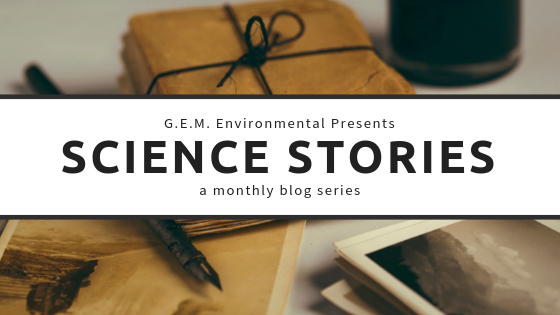
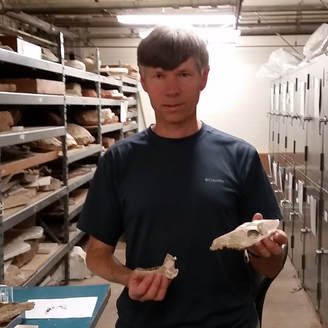
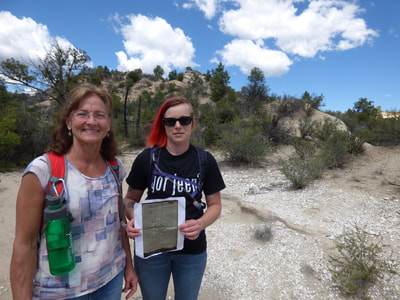
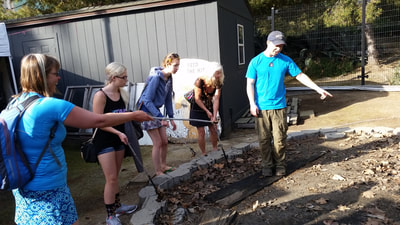
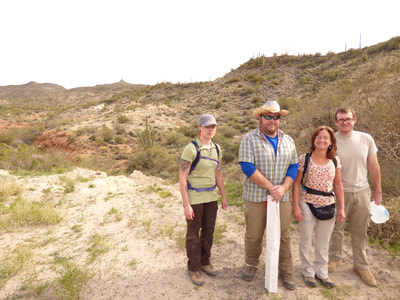
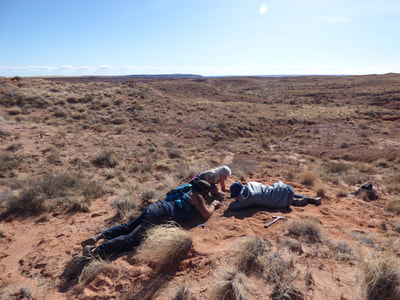
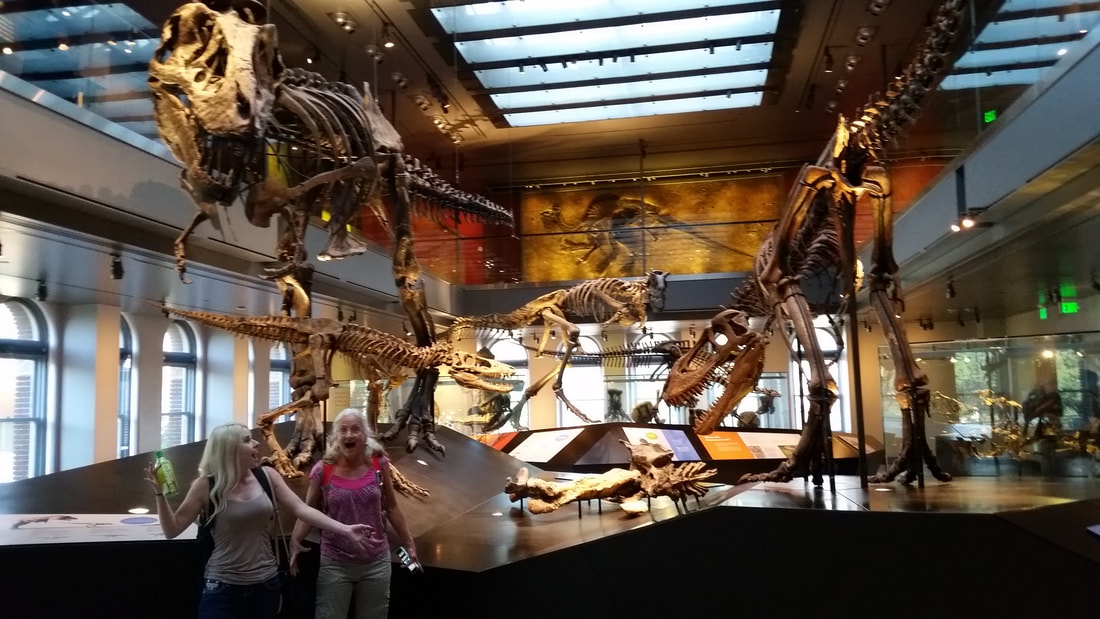
 RSS Feed
RSS Feed

